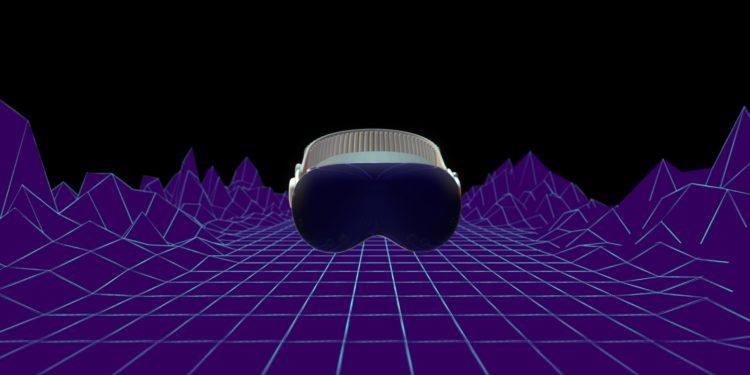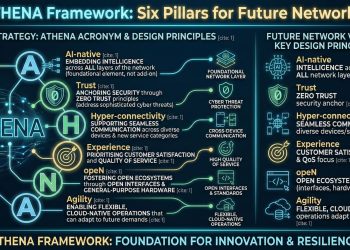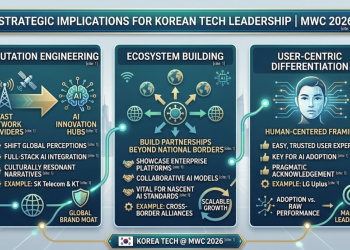LG and Meta’s partnership, announced in February to develop a next-gen extended reality (XR) headset, faces significant challenges. Recent reports from South Korea suggest that the alliance is slowing down, putting the development of their competitive XR headset on hold.
Just three months into the collaboration, LG Electronics has allegedly pulled out, raising concerns about the viability of their planned XR ventures.
Recent reports from Korean outlets have sparked speculation about the status of the LG and Meta headset project. A report suggested a delay in the release until 2027, while another report hinted at the possibility of the partnership ending altogether.
To clarify these rumors, inquiries were made to both Meta and LG. An LG spokesperson refuted claims of a breakup, affirming ongoing collaboration in areas such as AI and the metaverse.
However, challenges have emerged for the partnership, with reports indicating struggles in gaining momentum due to the limited availability of XR content and the slow pace of XR technology advancements. Despite these obstacles, the collaboration remains intact, offering the potential for future success. The momentum has shifted, but the partners continue to explore opportunities for advancement.
The Meta and LG partnership, formed in February 2024, aimed to accelerate XR technology development. Combining Meta’s expertise in VR and AR software with LG’s hardware capabilities, particularly in display technologies, the collaboration sought to create a competitive XR headset. LG was expected to contribute OLED displays, while Meta would integrate software and AI functionalities to surpass competitors like Apple’s Vision Pro.
Despite the initial excitement, recent reports suggest delays and strategic disagreements have stalled the development of the anticipated Quest Pro 2, initially planned for an early 2025 release, with some sources now hinting at a possible delay until 2027. This slowdown is attributed to technical challenges and differing visions between the two companies.
Compounding the uncertainty, Meta’s recent Horizon OS announcement revealed the inclusion of Asus, Lenovo, and Xbox headsets but notably omitted LG. This absence has fueled speculation that Meta may shift its focus to third-party alternatives, potentially sidelining LG in favor of other partners. Furthermore, an LG spokesperson’s vague statement about adjusting the pace of their XR business baseed on market conditions has done little to dispel these doubts.
Adding to the complexity, analysts suggest that LG might be exploring partnerships with other U.S. companies, such as Amazon, to leverage its extensive customer base. Despite the promising potential of LG’s OLEDoS displays for VR headsets, the relationship with Meta appears increasingly uncertain.
This shift comes as Meta reevaluates its VR strategy, balancing the development of high-end devices with more affordable VR solutions. This strategy is influenced by the mixed reception of its current products and financial challenges within its Reality Labs division.
Despite the uncertainty surrounding the Meta-LG partnership, the XR industry is poised for developments with the imminent release of competing devices. Alongside the Apple Vision Pro, consumers can anticipate potential offerings from Google, Samsung, Sony, and even a rumored LG collaboration with Amazon. This influx of options promises increased choice and competition, catering to diverse user needs and preferences.
Also Read:
- Taking Flight with AI: Korean Air Partners with AWS to Launch AI Contact Center
- HL Mando, Kakao Mobility Collaborate to Bring Robot Valet Parking to South Korea
- SK Telecom and Swift Navigation Collaborate for Location-Based Technologies in South Korea
- South Korea’s $70 Million Investment in AI-Powered Learning
- Instagram Overtakes Naver in South Korea: Insights and Implications







